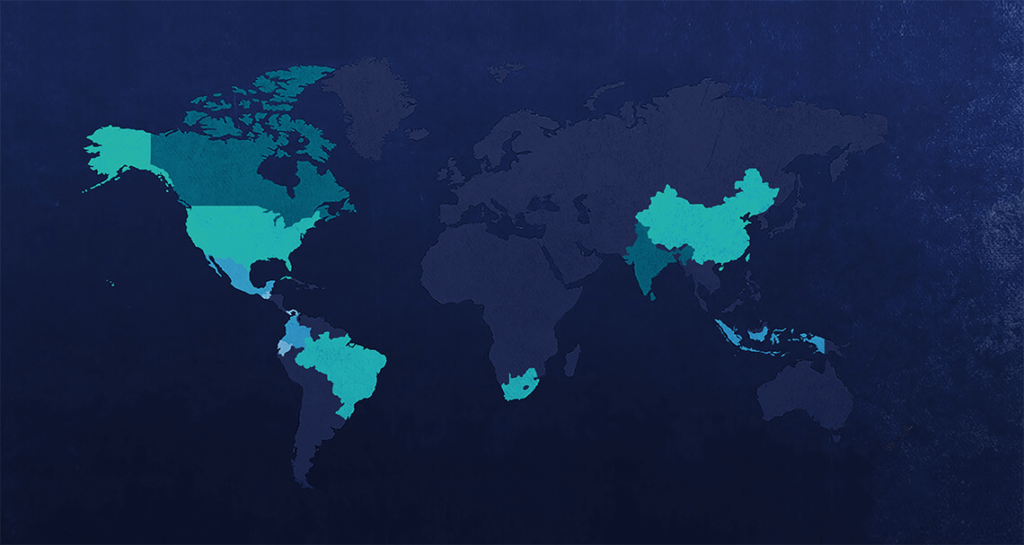
Global challenges require global solutions. That's why Nature Needs Half works to inspire others to collaborate on behalf of nature. In this way, region by region, we can protect half of Earth in time to end the Sixth Mass Extinction. Discover below more about your country and what others are doing to save our wild planet!
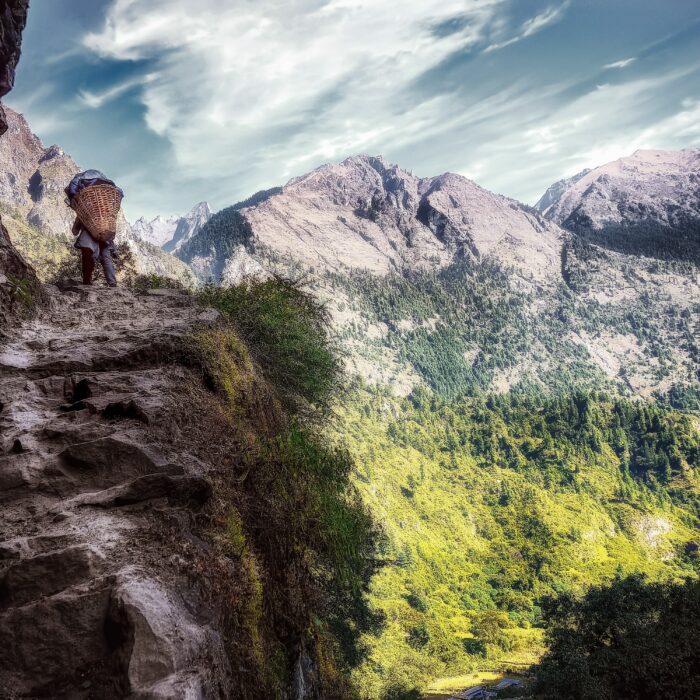
Bhutan is a leader in conserving landscapes. With 48% of the country formally protected, and another 9% of corridors connecting these areas, Bhutan is on the cusp of Half, demonstrating...
Belgium is making a concerted effort to transform old industrial areas into green spaces, providing greater interconnectivity for wildlife. High levels of urbanization have fragmented Belgium’s landscape, creating small pockets...
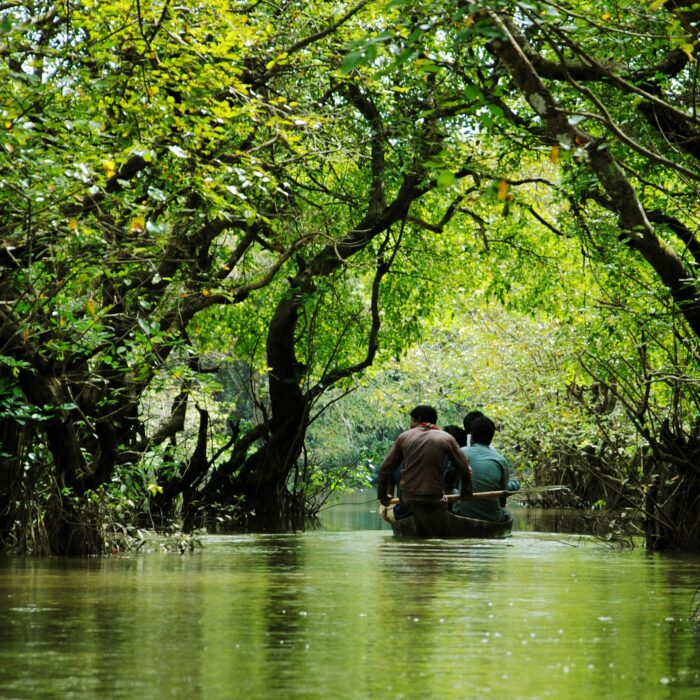
Bangladesh is one of the most biodiverse countries in the world, and yet the wild areas that support biodiversity are in poor shape, and degrading rapidly. Climate change, intensive agriculture,...
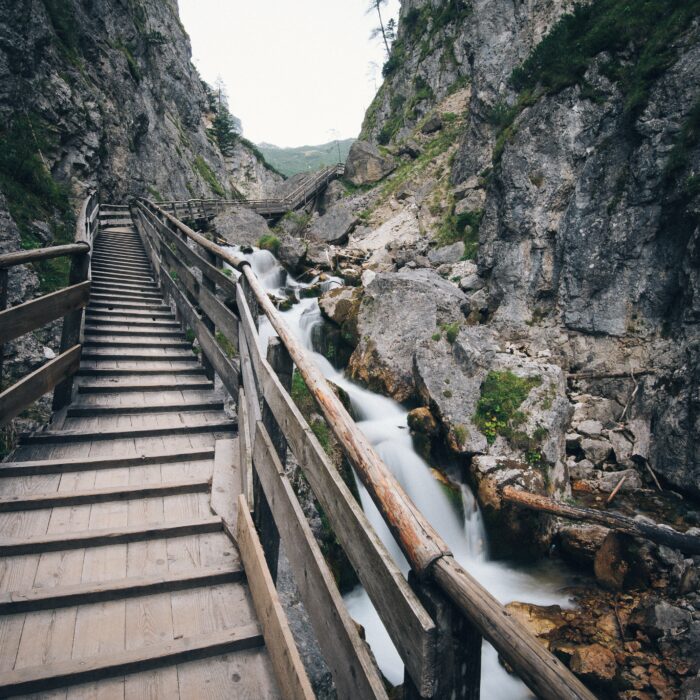
Austria’s alpine lakes and valleys remain largely intact and capable of supporting heathy populations of native wildlife. The ecology in Austria’s foothill is in need of restoration, especially its moorland...
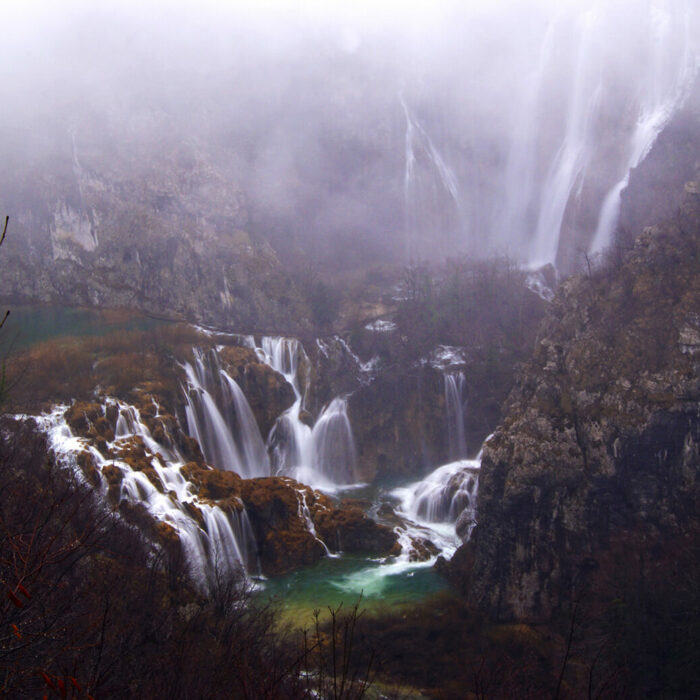
Croatia’s alpine region, which covers over 35% of the country, is largely untouched retaining a rich wildness abundant with bears, lynx, and wolves. The coastal regions, comprised of more than 1,000 islands...
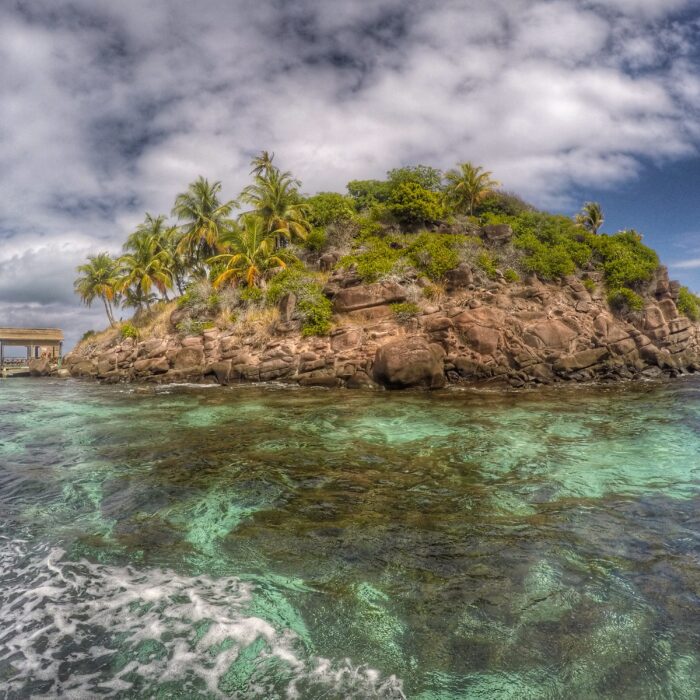
Colombia is the world’s second most biodiverse country. Formal protections by the national government make up part of Colombia’s conservation portfolio, but private companies are also taking a lead to...
India is one of the world's most biodiverse countries; it is also one of the most imperiled. This is why Nature Needs Half is working in this region, specifically, for the...
Read More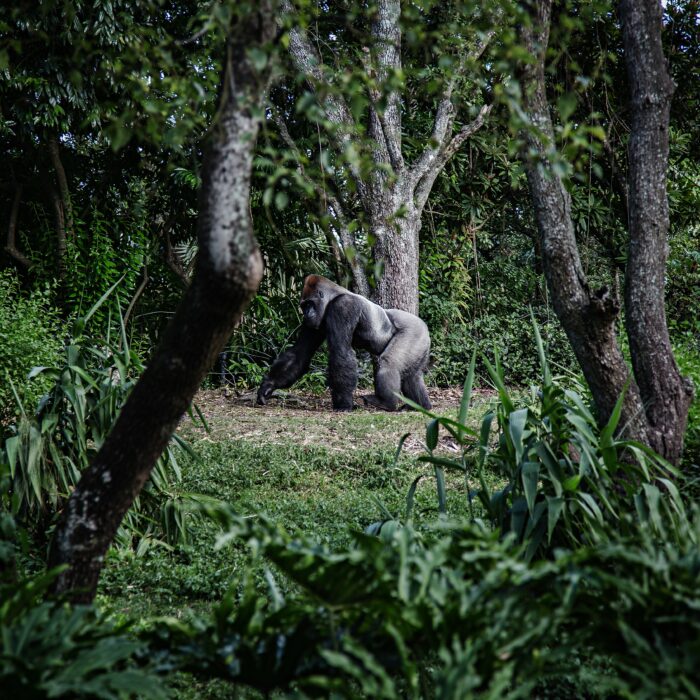
Nearly half of the Democratic Republic of Congo (DRC) is covered in rich, primary forest, making the rainforest here the largest in all of Africa. But immense human suffering caused...
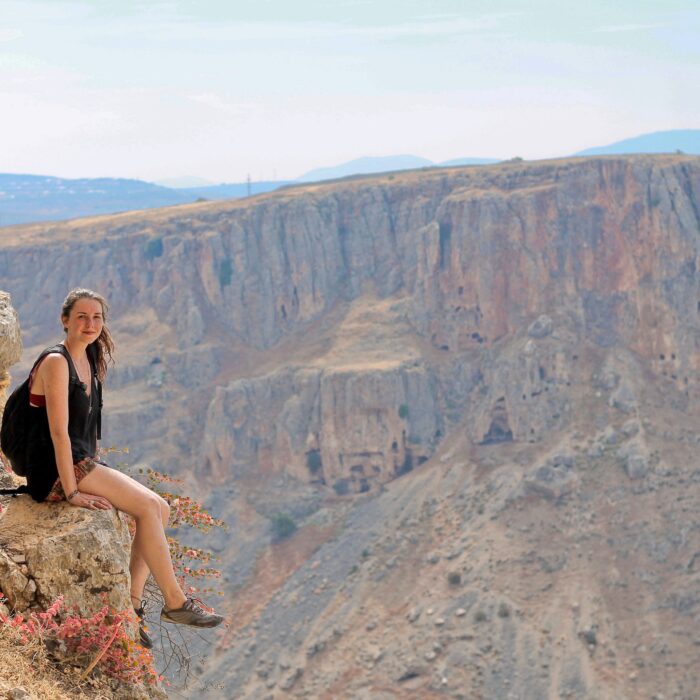
Israel’s semi-arid climate, large (and growing) population, and minimal water resources leave little room for the protection of native habitats. And while the Israel population exhibits a strong commitment to...
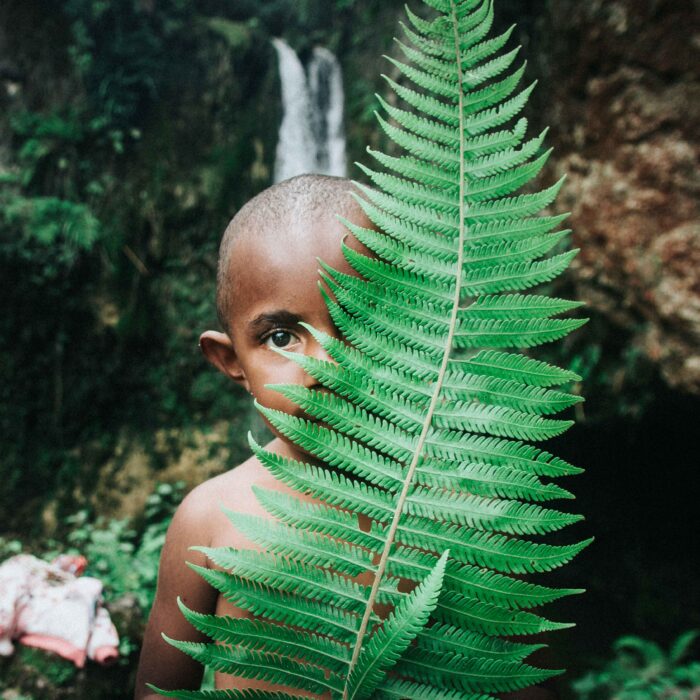
Indonesia is still rich in ancient primary forests, despite losing a quarter of its tree cover in the last few decades. While Indonesia is still capable of reaching half, there...
Nearly three decades of political upheaval have wrought new conservation gains and challenges for former Eastern Bloc states, including Hungary. Paradoxically, mid-90s habitat restoration has steadily declined after admittance into...
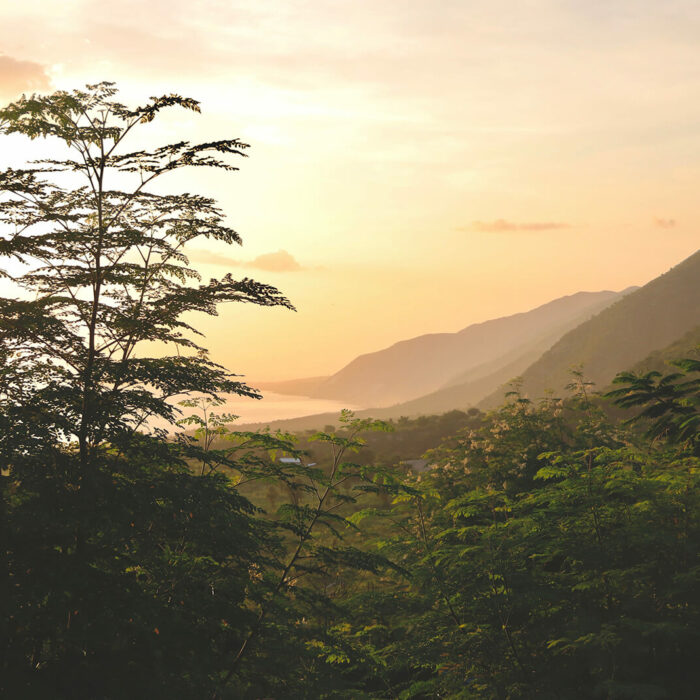
Low government capacity and crushing poverty impede both conservation and development efforts in Haiti. Still, the outlook isn’t entirely bleak. Though much of the land has been clear-cut, nature can...